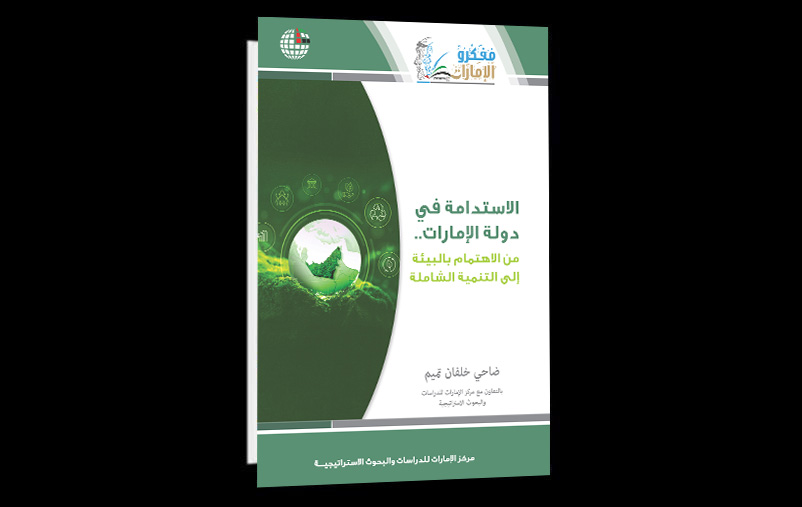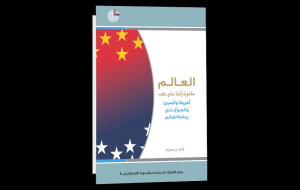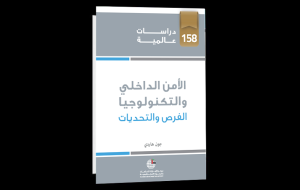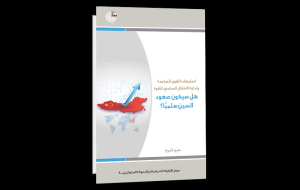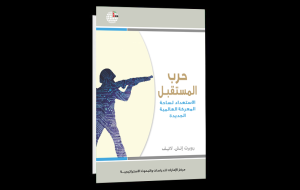The UAE’s founder, the late Sheikh Zayed bin Sultan Al Nahyan (may God rest his soul in peace), placed great significance on sustainability, with a philosophy and approach that was ahead of many of his contemporaries and developments at the time. He believed in an integrated approach to development and environmental preservation, in order to achieve higher national goals, particularly development and prosperity for the UAE and its people.
His efforts in this context demonstrated core aspects of sustainability, including ensuring quality of life by depending on natural resources, while also conserving them for future generations. This approach was also followed by Sheikh Rashid bin Saeed Al Maktoum, Sheikh Zayed’s union partner and the architect of modern Dubai. Their shared vision became a reality, leading to sustainable development for the UAE economy, its citizens and the environment.
The founding leaders of the UAE understood the value of sustainability in all aspects of governmental, organizational and civil service. Building on that legacy, the leaders of the empowerment phase recognized the importance of this approach and followed the same path that had produced a strong, rising nation with a stable investment environment. Even during the global financial crisis in 2008, the UAE’s economy continued to grow, underpinned by an adaptable, sustainable approach to institutional performance, as citizens were trained to ensure they would be capable of taking up the mantle and continuing the development journey.
Sustainability in the UAE: From Environmental Focus to Holistic Development charts the UAE’s sustainability journey, from the emergence of a culture of environmental concern, all the way to the UAE’s comprehensive development experience. In the introduction, the concept of sustainability, its pillars and goals are discussed, before its development in the UAE context is outlined. Comparative analysis considers various perspectives on sustainability and sustainable development, particularly linking sustainability to the United Nations 2030 Agenda for Sustainable Development.
The first chapter looks at sustainability in the early phases of the UAE’s establishment, beginning with Sheikh Zayed’s tireless efforts to care for the environment and protect the UAE’s natural resources. It also examines the economic achievements of the late Sheikh Rashid bin Saeed Al Maktoum (may God rest his soul in peace), who laid the foundations of development and advancement in Dubai and the UAE.
The second chapter, Sustainability in the Empowerment Phase, maps out the features of economic and social sustainability under the late Sheikh Khalifa bin Zayed Al Nahyan (may God rest his soul in peace), who strived to maintain the conditions for development and progress in the UAE, achieving prosperity and wellbeing for its people. The chapter goes on to explore the exceptional leadership philosophy of His Highness Sheikh Mohammed bin Rashid Al Maktoum, who has always stressed the importance of Emirati citizens as the main consideration in all sustainable development plans.
The third chapter takes an in-depth look at the UAE’s comprehensive development process, which has brought advancement and international recognition under the wise leadership of UAE President His Highness Sheikh Mohamed bin Zayed Al Nahyan (may God protect him), whose leadership represents a roadmap for a bright future. Driven by unwavering determination and initiative, and inspired by Sheikh Zayed’s enduring legacy, His Highness draws on his keen awareness of future considerations to prepare the state and wider nation for the decades ahead, successfully transforming Abu Dhabi into a capital of development and sustainable energy. The chapter explores a series of global initiatives launched by the UAE, which underpin international partnerships and contribute to the empowerment and advancement of societies all over the world. Also examined is the 28th meeting of the Conference of the Parties to the United Nations Framework Convention on Climate Change (COP28), hosted by the UAE in Expo City Dubai between November 30 and December 12, 2023.
The book concludes that the UAE has been at the forefront of adopting sustainable thought regionally, and has joined in global efforts for sustainability, particularly climate change mitigation and environmental protection, which have become an integral part of UAE society.
About the Author:
H.E. Dhahi Khalfan Tamim is the Deputy Chief of Police and Public Security in Dubai, Chairman of the Police High Command Council at the Ministry of Interior and Member of the Executive Council of Dubai Government. He has received various awards and recognition from local, regional and international entities, and has written several works in a variety of disciplines.
Author: Dhahi Khalfan Tamim
Publisher: Emirates Center for Strategic Studies and Research
Publication Date: 2023 [In Arabic]


